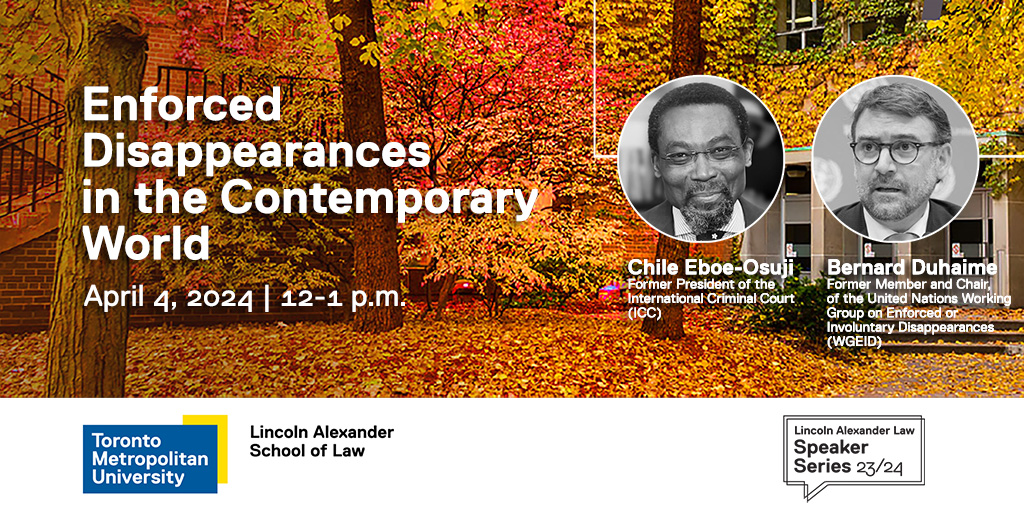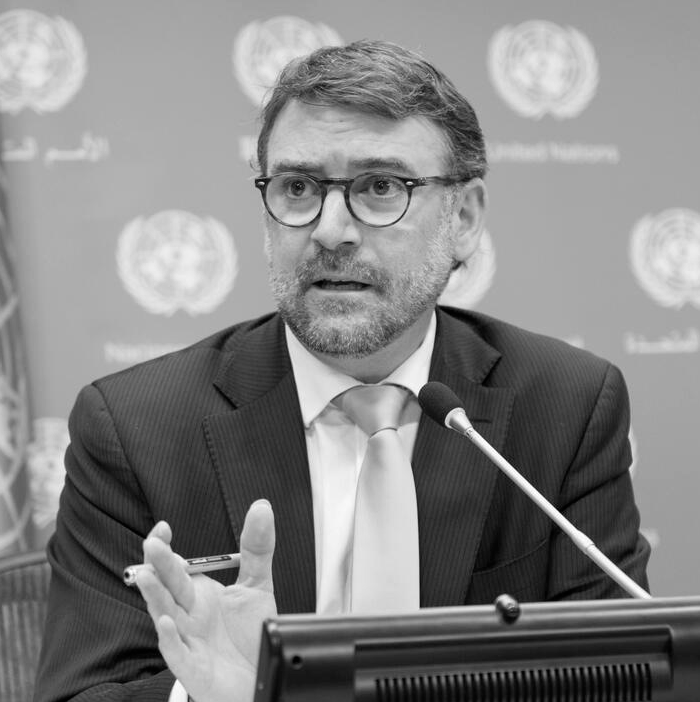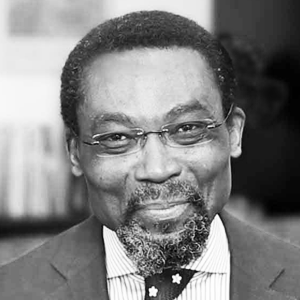Enforced Disappearances in the Contemporary World
- Date
- April 04, 2024
- Time
- 12:00 PM EDT - 1:00 PM EDT
- Location
- POD-457 | Lunch will be provided
- Open To
- TMU Community

Enforced disappearance, commonly perceived to be essentially a tool used by former Latin American repressive regimes to eliminate political dissent, is not a crime of the past but is, on the contrary, very contemporary.
Through a retrospective of his seven years at the United Nations Working Group on Enforced or Involuntary Disappearances (WGEID), Professor Bernard Duhaime, in discussion with Judge Chile Eboe-Osuji, will discuss how this heinous human rights violation is unfortunately still used worldwide by State agents today.
While some of its features may vary in different contexts, including in the fight against terrorism or in the context of migrations, its devious purpose and disastrous impact on victims remain the same. Professor Duhaime will also address recent debates regarding instances of abductions carried out by non-state actors, which may be tantamount to acts of enforced disappearance.

Bernard Duhaime is a Full Professor of International Law at the Faculty of Law and Political Science of the University of Quebec in Montréal (UQAM, Montréal, Canada), where he specializes mainly on international human rights law. He is also a visiting professor at Université Paris II Panthéon-Assas and an associate research fellow at the Geneva Academy. He has served as a Member of the Working group on enforced or involuntary disappearances reporting to the United Nations Human Rights Council (2014-2021).
He is the author of more than sixty peer-reviewed publications and has presented more than two hundred conferences worldwide. Prof. Duhaime was a Trudeau Foundation Fellow, a Canada-US Fulbright Visiting Chair at the University of Southern California, a Visiting Fellow at the European University Institute, at Harvard Law School, at NYU School of Law and at the University of Victoria. He was also Visiting Professor at the National University of San Martin and the University of Palermo, at Université Aix Marseille, and at the Fondation René Cassin. He contributes to the defense and promotion of human rights since 1996, representing victims before international judicial and quasi-judicial institutions. Prof. Duhaime is also a senior counsel of the Quebec Bar, in Canada.

Chile Eboe-Osuji is a Distinguished International Jurist at the Lincoln Alexander School of Law and a Special Advisor to the President’s Office at Toronto Metropolitan University. The Nigerian-born Judge Eboe-Osuji recently completed his term as President of the International Criminal Court (ICC) in The Hague. He was also concurrently serving as a senior judge in the Appeals Division of the ICC from March 2018 to March 2021.
Prior to joining the ICC, Judge Eboe-Osuji served as the Legal Advisor to the United Nations High Commissioner for Human Rights in Geneva where he anchored the High Commissioner’s interventions in cases involving human rights questions. Earlier in his career he worked in various capacities at the International Criminal Tribunal for Rwanda, including as prosecution counsel. Before joining the international public service, he practiced law as a courtroom advocate before the courts in both Canada and Nigeria. Judge Eboe-Osuji is a visiting professor at Stanford University Law School, and has also taught international criminal law as adjunct professor at the Faculty of Law of the University of Ottawa.
This event is part of the 2023/24 Lincoln Alexander Law Speaker Series.
The Lincoln Alexander Law Speaker Series brings together distinguished scholars, activists and practitioners to discuss today's most pressing legal issues. These sessions are interactive and offer the opportunity to engage with speakers on their scholarly projects in law. The speaker series creates a venue to present a body of work in a forum that is open to students, faculty, and staff.